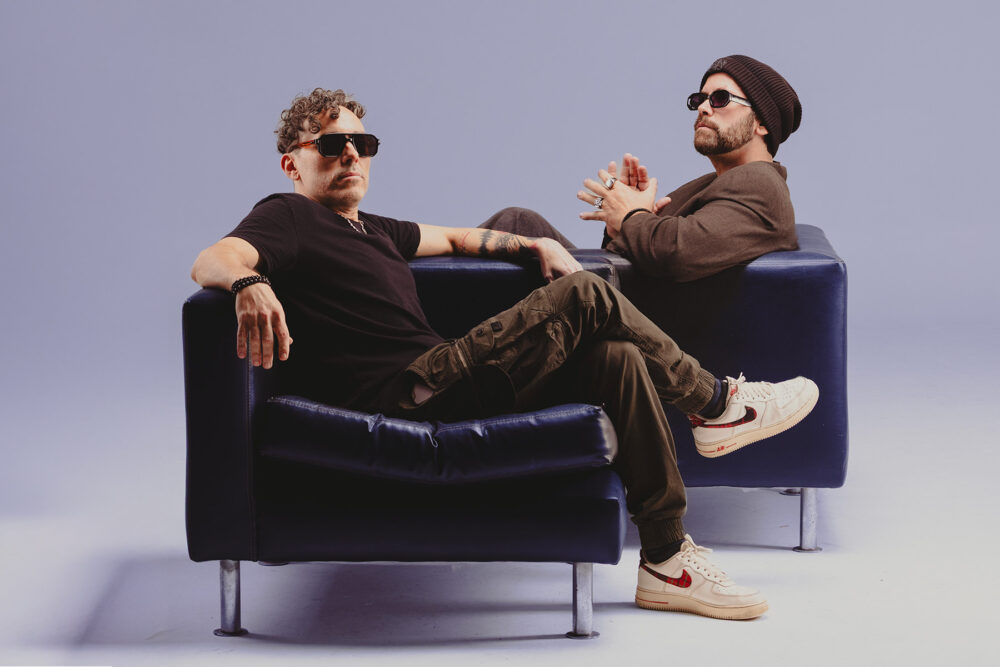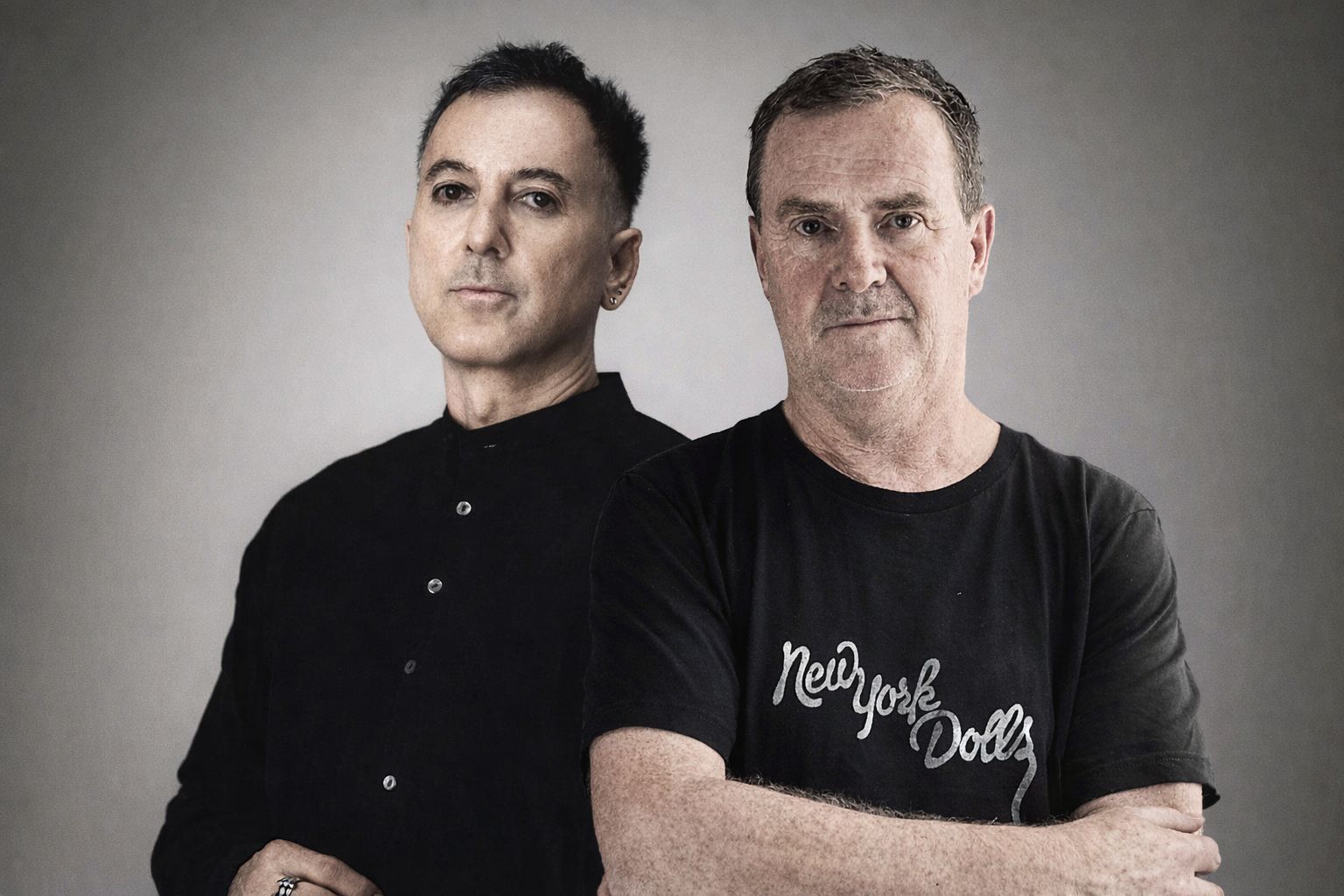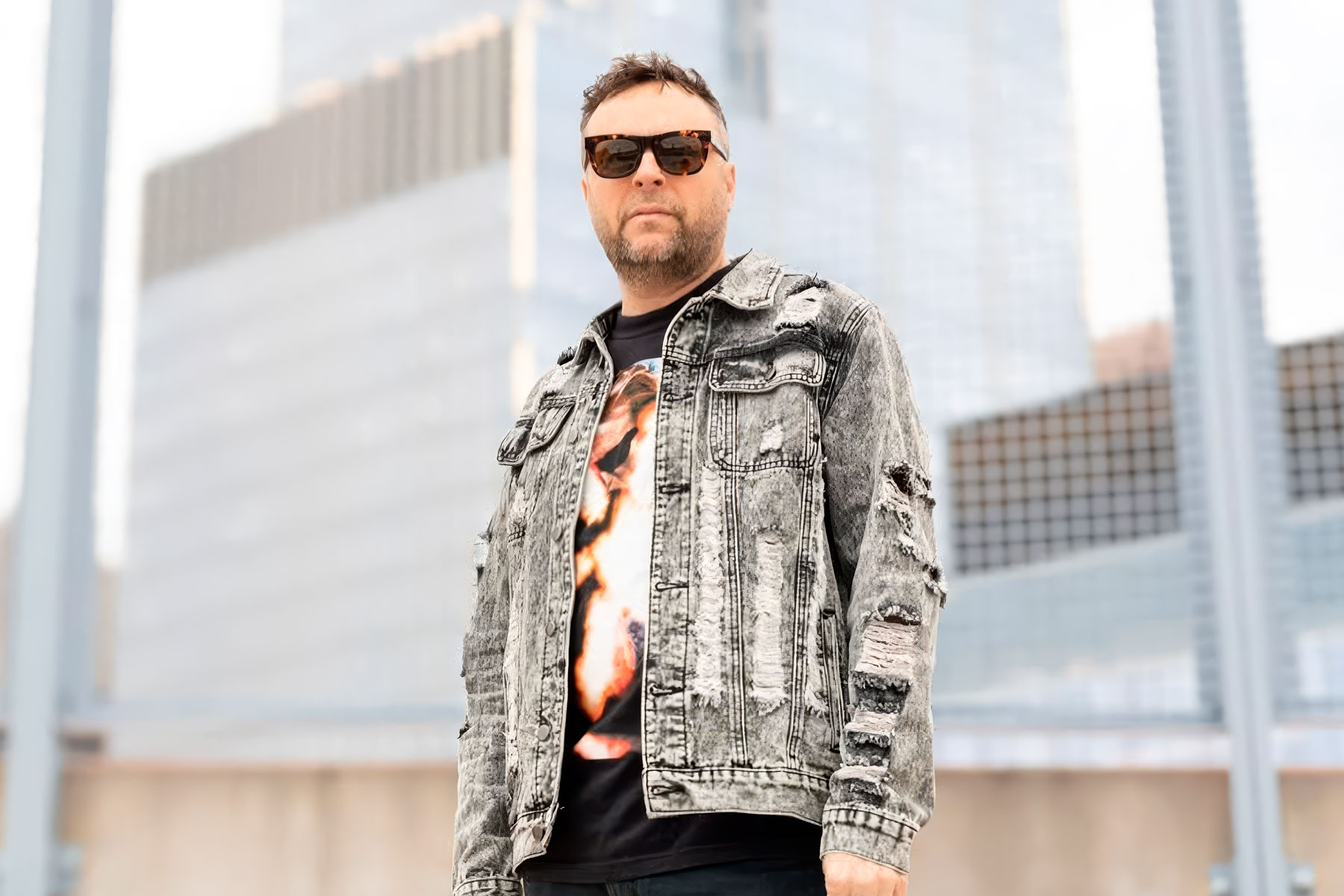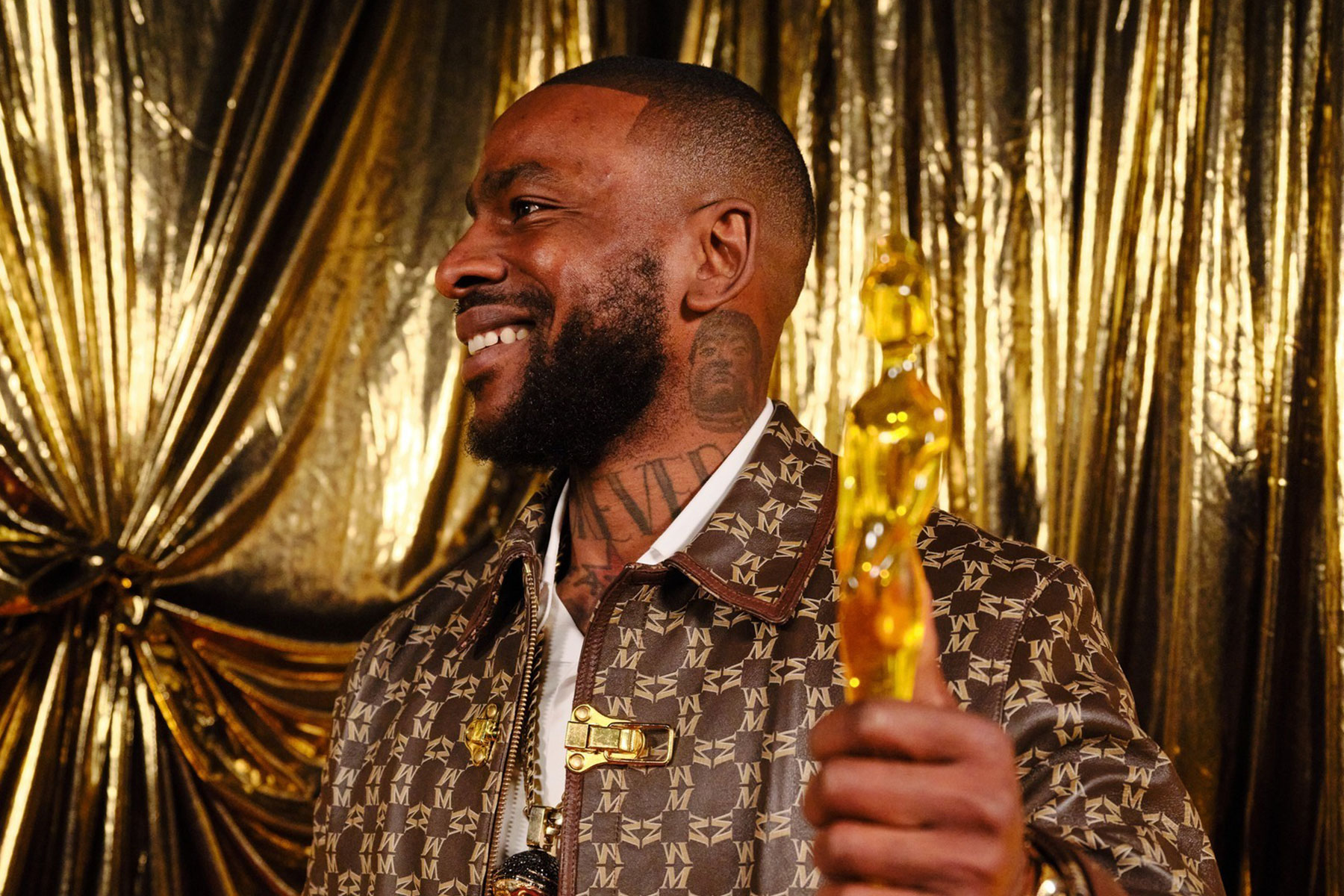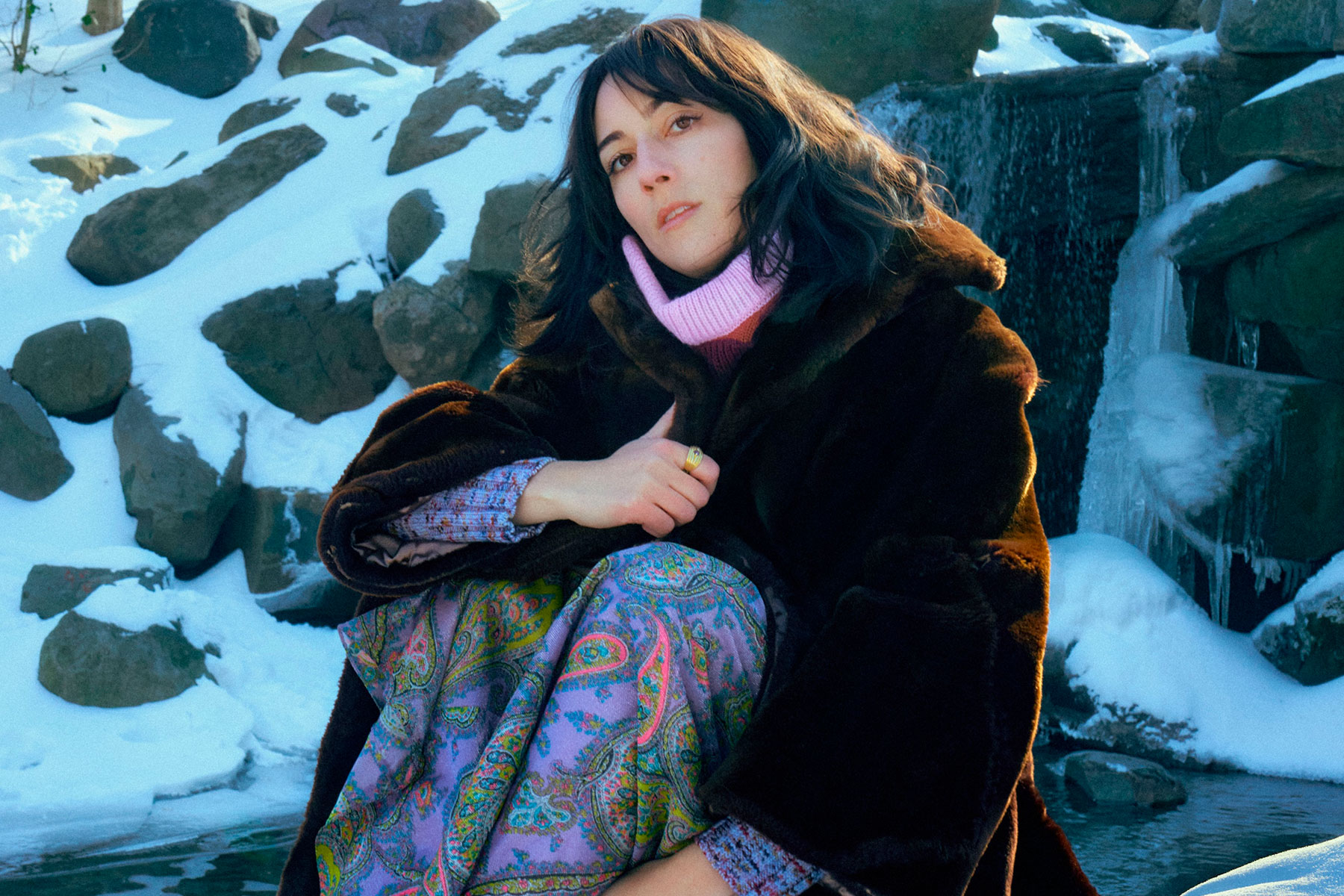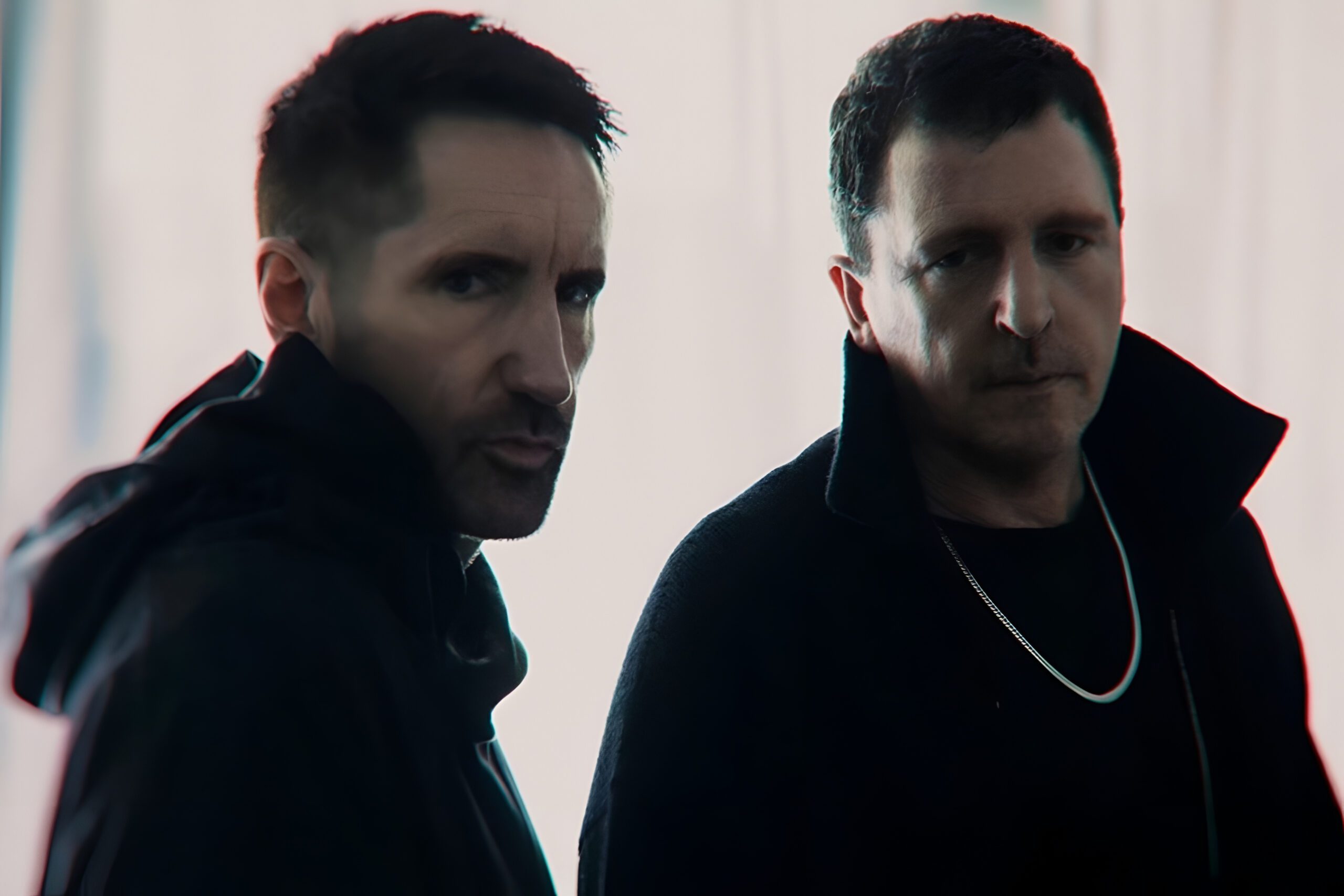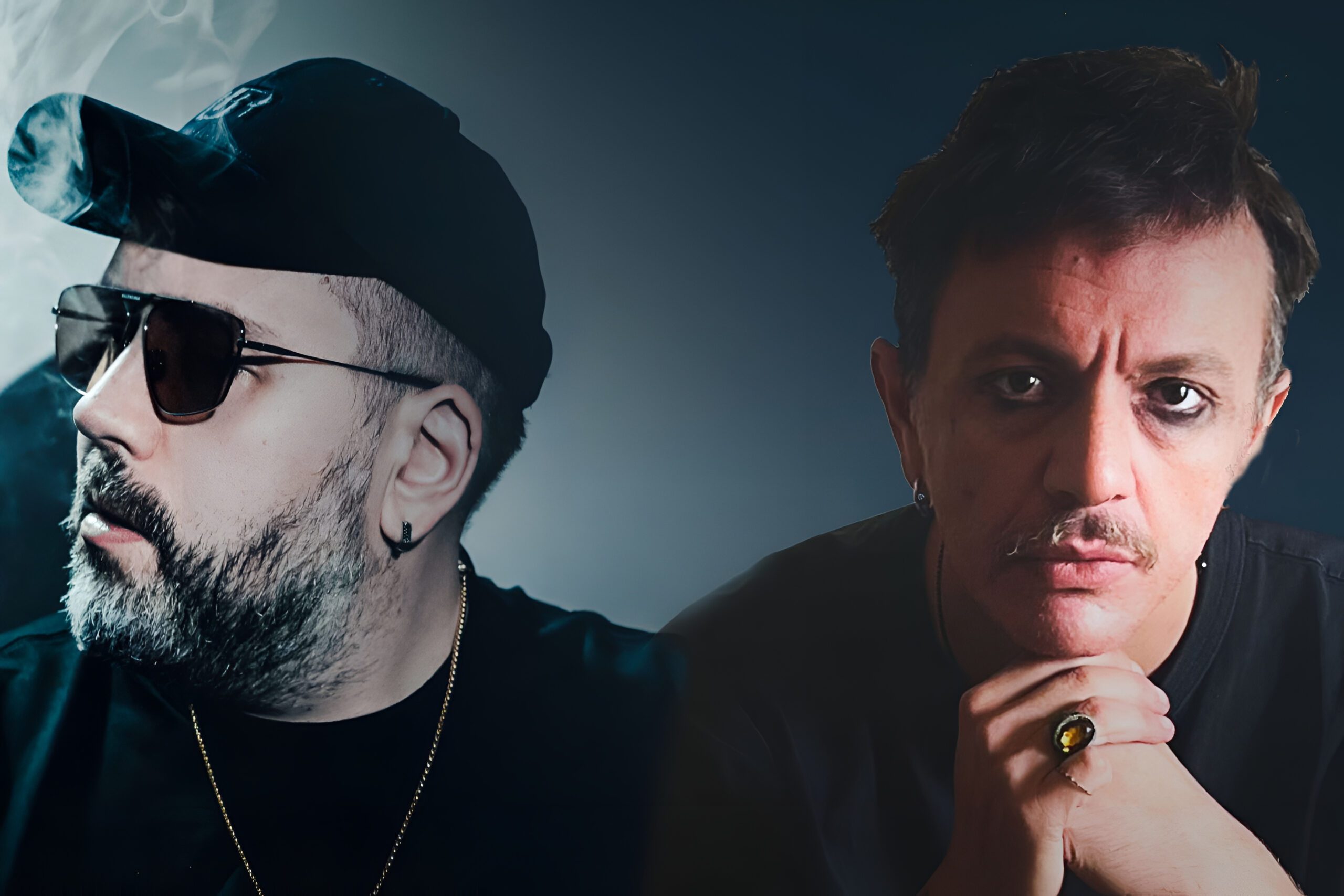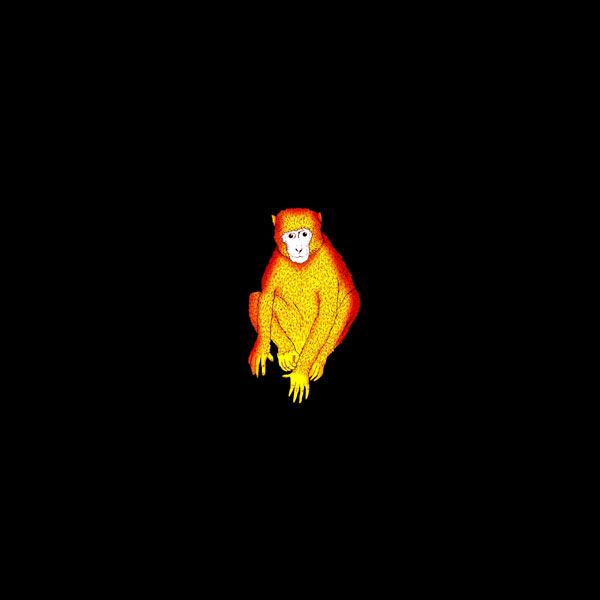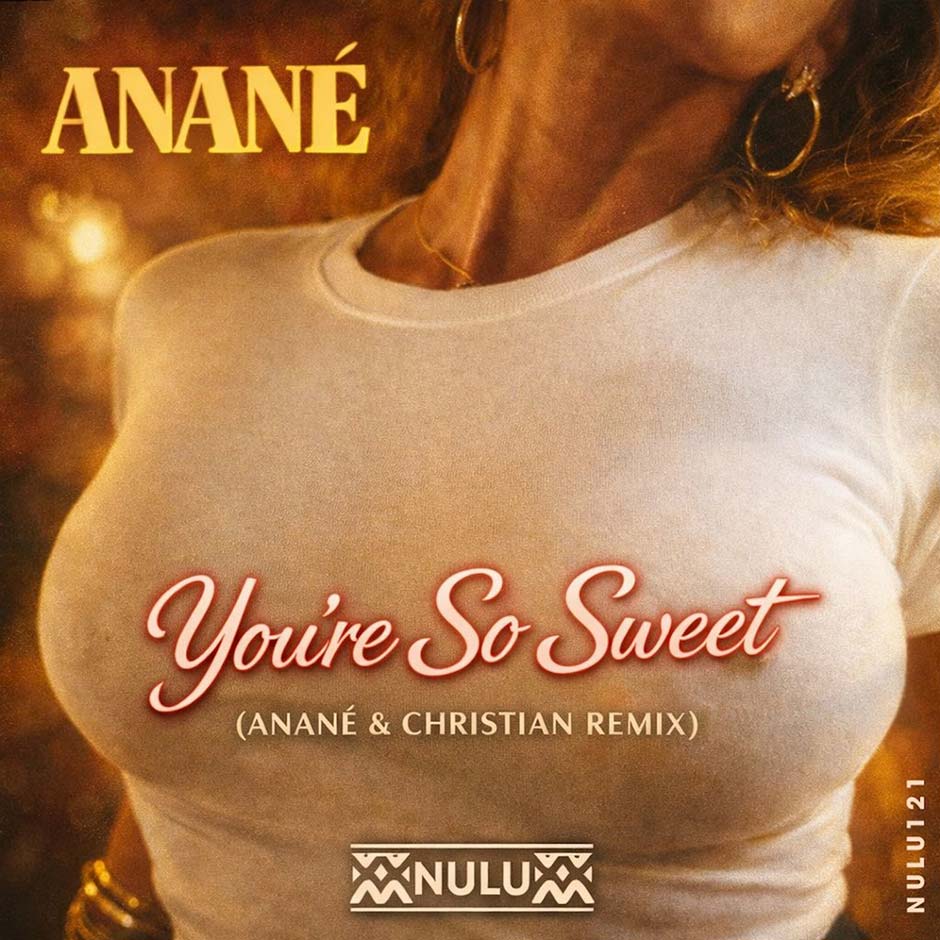Ariel Rodz and Ronan Portela are no strangers to Argentina’s electronic underground. With decades of combined experience, both artists have carved out respected paths as DJs, producers, and event curators, helping shape the country’s club culture from behind the decks and in the studio. Known for their deep, groove-driven sound, they’ve become key figures within the local scene while earning recognition far beyond their borders.
Photo credit: Ariel Rodz / Ronan Portela – Official
Ariel began exploring sound at age 10 with a keyboard, evolving into a multi-instrumentalist influenced by dub, reggae, house, and techno. After a formative residency at Pueblo Limite in Villa Gesell, he performed at key venues like Pacha, Mint, and Big One, and co-founded Unique and Blow parties in Buenos Aires.
Ronan’s journey started with a Casiotone keyboard, later expanding into early computer-based production. His first album was released in 1999 under Charly Alberti’s label, leading to live performances across Argentina and international releases on SCI+TEC, Mindshake, and Stereo Productions, among many others.
Now, the longtime collaborators open Cécille Records’ Summer 2025 compilation with their joint track ‘Rising Energy’—a deep and hypnotic groove that captures their musical chemistry.
In this conversation, Ariel and Ronan reflect on their early roots, creative process, and the return of their collaborative spark.
EG: Hi Ariel & Ronan, welcome to EG! You are among Argentina’s most respected underground electronic artists. Can you share how each of you first got involved in electronic music, and how your artistic paths evolved—from Ariel’s early keyboard experiments at age 10 to founding the Unique parties in Buenos Aires in 2005 with Ronan?
Ariel: Thanks for the invite. Since I was a kid, I was always very restless, constantly in motion. In my free time, I took keyboard lessons as a form of expression—a space that allowed me to channel everything I was feeling. That personal search sparked my interest in understanding how music was built from scratch, and that’s how I began experimenting with sounds, structures, and layers, without knowing it would become the start of a much bigger journey.
During my teenage years, I got involved in the nightclub scene. I worked in clubs, which gave me a behind-the-scenes view of how that world operated: the role of the DJ, the dancefloor, the connection with the crowd, the technical details… I was fascinated by it all. It was like an informal school that gave me valuable tools and pushed me to keep exploring.
The rest unfolded organically. After landing my first residencies around 2003, I met Ronan, and we immediately connected both musically and on a human level. Shortly after, that synergy and our shared need to express ourselves led us to become directly involved in creating Unique party events.
Ronan: My connection with electronic music began at an early age—when I was 12, I got a Casiotone keyboard and started a band with my brother Leo. He played drums, and I handled the keyboards. Six years later, we got a synthesizer, a drum machine, and a Mac computer, and I began sequencing everything using only MIDI. I recorded my productions on cassette tapes, and every time I went out to see a DJ, I’d bring a demo in that format.
Using that setup, I produced my first album, which was released on CD in 1999 under the record label of Charly Alberti, drummer of the legendary band Soda Stereo. From there, my career gained momentum, and I started performing live shows across Argentina. Eventually, I received opportunities abroad, along with requests to produce music for major labels in the House scene, such as Defected, OM Records, and Big Chief.
In 2003, I met Ariel, and we instantly clicked musically—the chemistry was immediate. Two years later, we began hosting our own events and producing music for various labels.
EG: Over the years, you’ve released on many renowned labels. Could each of you highlight one or two career achievements or defining releases that you’re especially proud of?
Ariel & Ronan: We’ve had some achievements along the way, but two EPs that really stood out and were well received—played by major artists—are ‘Hidden Mask’ EP on Mindshake and ‘La Floresta’ EP on Area Remote.
EG: Your joint track ‘Rising Energy’ opens the new Cécille Summer 2025 compilation. What was the creative process behind the track, and how did it come together?
Ariel & Ronan: We’ve always found Cécille’s sound really compelling. It’s a label with a strong identity—intense grooves and a dancefloor energy that we connected with from the very beginning.
The creative process was very fluid and spontaneous. From the first ideas, we already knew the direction we wanted to take, and within just a few sessions, the track came together almost on its own. There was a clear connection with the label’s aesthetic, which made everything flow quickly.
It’s a huge pleasure to be part of a project we’ve admired for so long.
EG: How did ‘Rising Energy’ end up on Cécille’s Summer compilation? Did you approach the label, or were you invited? How involved were Nick Curly and Marc Scholl in selecting the opener for the album?
Ariel & Ronan: ‘Rising Energy’ was part of a pack of tracks we produced, all inspired by the Cécille sound. Everything came together very naturally.
Once we had several tracks finished that matched the label’s sonic aesthetic, we sent them to Nick. He and Marc pointed out a couple they liked, and ‘Rising Energy’ ended up being the one selected to be part of the compilation.
“We instantly clicked musically—the chemistry was immediate”
EG: The track’s groove is described as “deeply grooving, rich in rhythm and subtle detail,” setting the tone for the compilation—how would you describe its vibe in your own words? What energies or moods were you aiming to evoke?
Ariel & Ronan: Yes, we completely agree. From the beginning, the track was designed with the dancefloor in mind—but always with a deeper musical approach.
We wanted it to have groove, intensity, and club functionality, but also to convey something more—to carry layers, melodies, and a certain sensitivity that clearly comes from funk and disco, two genres that have deeply influenced us.
It wasn’t just about making something effective, but about finding a balance between rhythm and emotion. We believe that fusion gives the track its personality and connects with the dancefloor in a richer, more meaningful way.
EG: From your early musical upbringings to now, which roots or influences—be they Argentine electronic scenes, classic house, or minimal techno—have most shaped your sound and how you collaborate together?
Ariel: My earliest musical influences came from a completely different genre. I grew up on 90s rock—a time that was incredibly rich artistically, and also deeply rebellious. From that era, I took the need to express myself freely, not just through music but in life in general. Bands like Soundgarden, Pearl Jam, and Nirvana had a profound impact on me. Over time, my constant desire to explore and broaden my horizons led me to discover bands from the ’60s and ’70s as well.
Once I was immersed in electronic music, the first artists who caught my attention were those from the UK scene in the early 2000s—Eddie Richards, Terry Francis, Nathan Coles, and many others. Through them, I discovered a fusion between classic house and the techno I knew at the time. It was a total revelation for me because they achieved a perfect balance between both genres.
Paco Osuna is also a major influence. I’ve learned so much from him over the years. He helped me grow as an artist and as a professional.
Honestly, the list could go on forever—many Argentine colleagues have also inspired me throughout the years. I’m someone who believes we’re constantly evolving, and that there’s always something to learn from everyone.
Ronan: My musical roots are very diverse, and I think all of them have influenced my productions. In my early days, I was drawn to 80s pop—which I still love and collect on vinyl to this day. At the same time, I was already listening to radio shows where DJs played house music from Buenos Aires clubs. I was only 11, recording those sets on cassette!
Later, I went through a rock phase, drawn to metal, dark wave, post-punk, and grunge—but I never stopped listening to electronic music. I often felt conflicted about liking such different genres at once.
Eventually, I found a strong connection with French House and Funky House. I remember buying Daft Punk’s first album right when it was released in 1996. Around that time, I was already playing in clubs like El Dorado, Ave Porco, and Hanoi in Buenos Aires, bringing that sound to the dancefloor. I was also going out to hear local artists and DJs who influenced me, like Carlos Alfonsin, Luis Nieva, Carlos Shaw, and Club Rayo.
In the 2000s, I became more drawn to the techier sound of artists like Circulation, Mastiksoul, Eddie Richards, Corrie, Nathan Coles, among others. That was right around the time I met Ariel—we immediately clicked musically, and that connection has been the driving force behind our ongoing collaboration to this day.
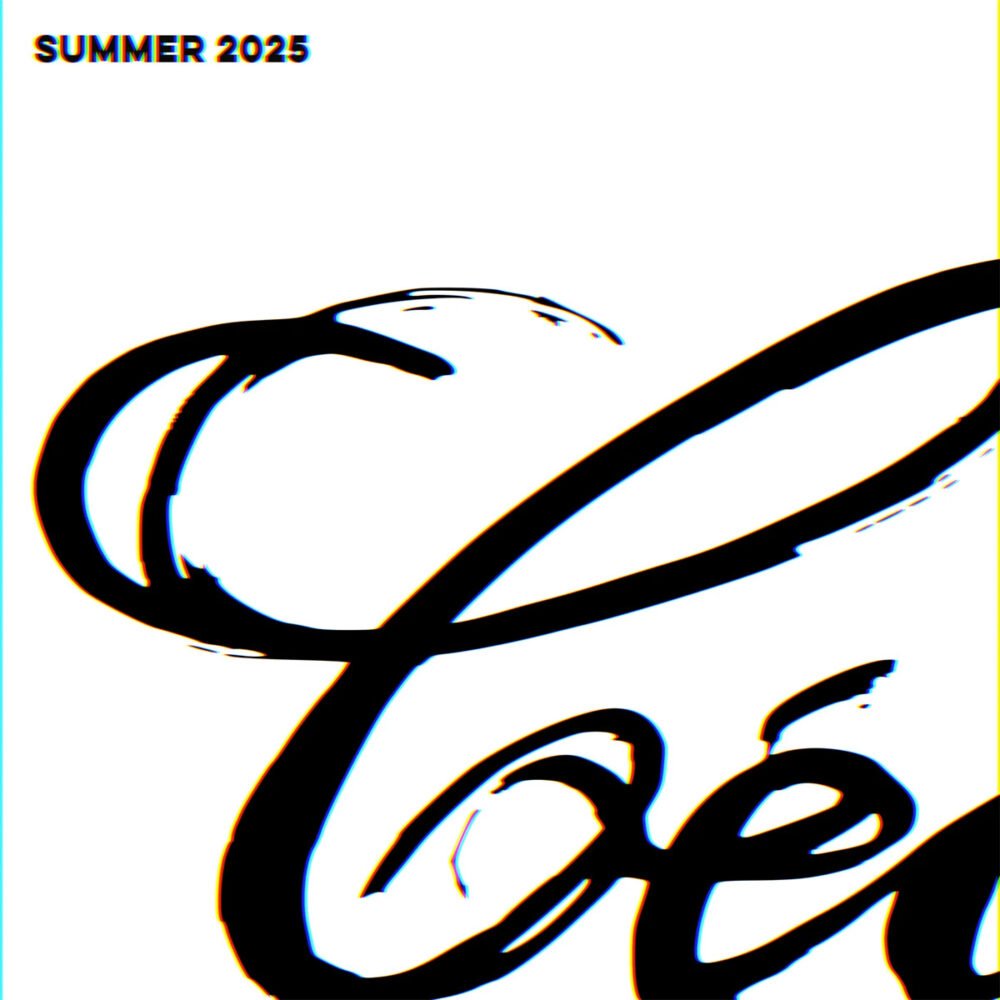
EG: How do you typically divide responsibilities when working together—does one lead on groove and one on sound design, or is it a fully joint process? How does the collaborative dynamic shape a track like ‘Rising Energy’?
Ariel & Ronan: The truth is, we don’t have a fixed method when we make music together. There’s no division of tasks like “you handle the groove and I do the sound design.” We simply open the project and start throwing out ideas, trying things, letting ourselves flow. Sometimes one of us brings in a rhythm, other times a melody or a texture—it all happens very freely.
Not having a predefined structure is exactly what allows us to surprise ourselves during the process. We believe that gives the tracks more personality, as was the case with ‘Rising Energy’. The track took shape as we built it, without too much planning, and you can feel that in the final result. There’s something fresh and genuine that comes out when creativity flows without rules.
EG: What do you find most personally rewarding about working together? Are there lessons or moments from this creative partnership you’d like to share with fellow producers?
Ariel & Ronan: What we enjoy most about working together is that we have a great relationship outside of the professional side—and that really shows in the studio. There’s trust, respect, and a natural dynamic that allows everything to flow without tension. Plus, we share a very similar outlook when it comes to making electronic music, and that’s key. We understand each other quickly, we speak the same musical language, and often just a glance or a brief comment is enough to know where we’re headed.
What’s interesting is that, outside of electronic music, we may have different tastes—and that also enriches the process. But when it comes to producing, we align on the essentials, which makes everything easier and more enjoyable.
For other producers, we believe the most valuable thing is to build a strong personal connection and find someone with whom you truly share an artistic vision—without ego getting in the way. That makes all the difference.
“There’s something fresh and genuine that comes out when creativity flows without rules”
EG: With Cécille Summer 2025 out now, what’s next for each of you? Are there upcoming solo releases, collaborations, or new directions in sound that fans can look forward to?
Ariel & Ronan: We’re really excited about everything that’s coming. After a few years without releasing music together, we’ve returned with a lot of motivation. Even though some time has passed, the truth is we never stopped developing ideas or meeting up to work on new music. We’re constantly sharing material, and that keeps us inspired and focused on what’s ahead.
We’re also working on upcoming releases—both as a duo and individually—with labels we already have agreements with. So you’ll definitely be hearing from us again very soon.
Ariel: On my end, I’m kicking off a European tour with dates in Ibiza, Barcelona, Valencia, Amsterdam, Cambados, and a few more cities to be confirmed soon. It’s going to be a great opportunity to showcase new music.
Ariel Rodz and Ronan Portela’s ‘Rising Energy’ is out now on Cécille Records. Stream and download here.
Follow Ronan Portela: Spotify | Soundcloud | Instagram
Follow Ariel Rodz: Spotify | Soundcloud | Instagram


